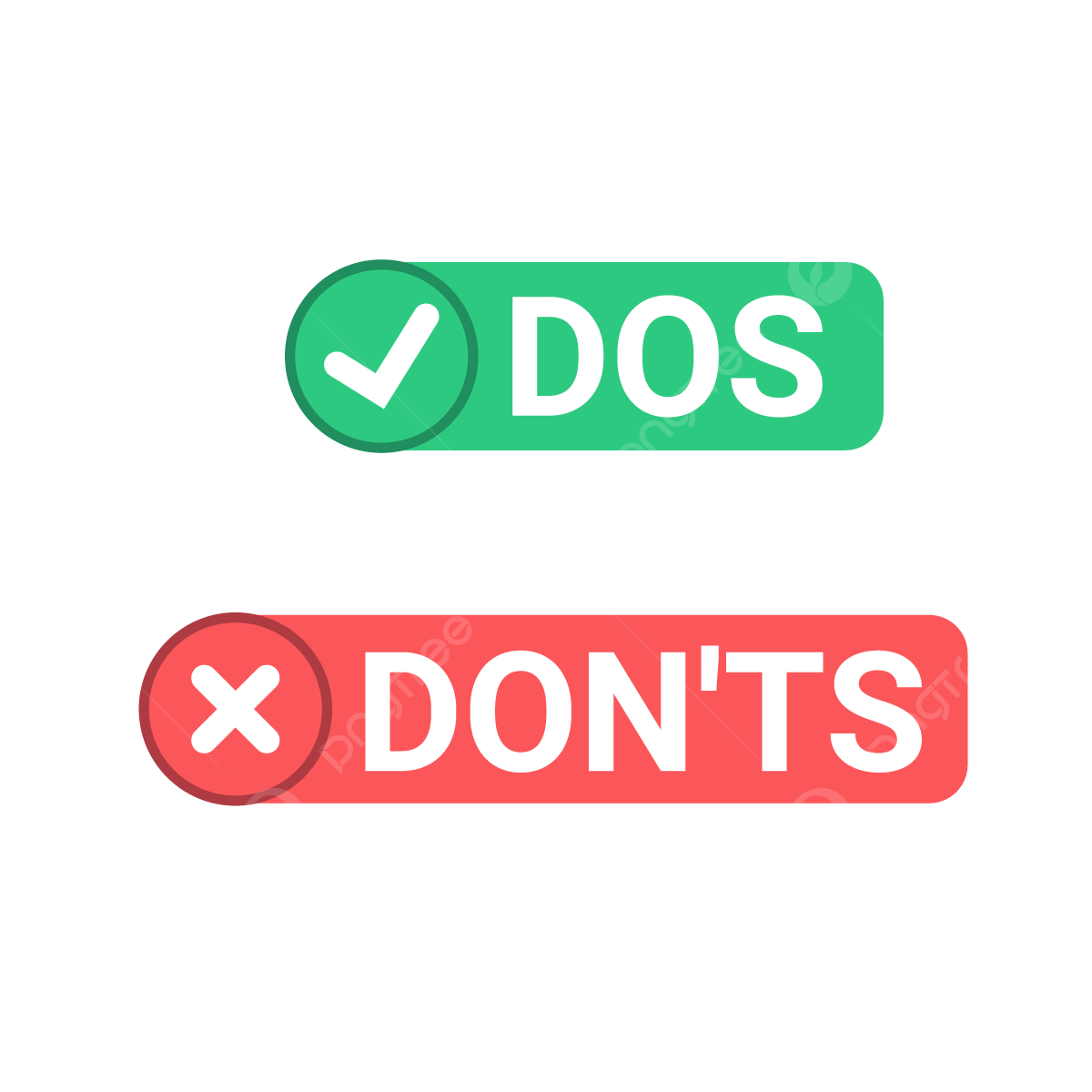5 Key Do's & Don'ts: Succeeding In The Private Credit Job Market

Table of Contents
Do: Network Strategically within the Private Credit Industry
The private credit industry thrives on relationships. Building a strong network is paramount to securing a position. Here's how to leverage your connections effectively:
Leverage LinkedIn Effectively:
- Optimize your profile: Use keywords like "private debt," "credit analysis," "fund management," "alternative lending," "direct lending," "distressed debt," "private equity," and "venture debt" to improve your search visibility. Tailor your headline and summary to reflect your expertise in specific areas of private credit.
- Engage actively: Participate in relevant groups, comment thoughtfully on industry leaders' posts, and share insightful articles related to private credit. This boosts your profile visibility and establishes you as a knowledgeable individual.
- Connect with recruiters: Identify and connect with recruiters specializing in private credit placements. They often have access to unadvertised positions.
Attend Industry Events and Conferences:
- Prioritize relevant events: Attend conferences like those hosted by Private Equity International, industry-specific seminars, and smaller networking events focused on private debt and alternative lending.
- Prepare talking points: Develop concise and compelling talking points highlighting your skills and experience relevant to private credit. Be prepared to articulate your career goals and how they align with the firms you are targeting.
- Follow up diligently: After each event, send personalized follow-up emails to individuals you connected with, reinforcing your interest and reiterating key discussion points.
Informational Interviews are Key:
- Initiate contact: Reach out to professionals working in private credit for informational interviews. Explain your interest in the industry and request 15-20 minutes of their time to learn about their experience.
- Prepare insightful questions: Prepare thoughtful questions that demonstrate your understanding of the industry and your genuine interest in learning more. Focus on their career path, challenges, and advice for aspiring professionals.
- Express your ambitions: Clearly express your career aspirations and ask for advice on how to break into the private credit job market. This showcases your proactive nature and determination.
Don't: Neglect Your Financial Modeling Skills
Proficiency in financial modeling is a cornerstone of success in the private credit job market. It's a critical skill that separates the candidates.
Master Excel and Financial Modeling Software:
Proficiency in Excel and financial modeling software (e.g., Argus, Bloomberg Terminal, Capital IQ) is non-negotiable. You need to be able to build and interpret complex financial models, including leveraged buyout (LBO) models, discounted cash flow (DCF) analyses, and credit risk assessments.
Showcase Your Analytical Abilities:
Demonstrate your ability to critically analyze financial statements, identify key financial ratios, and perform sensitivity analysis. This shows your understanding of the underlying financial health of businesses.
Practice, Practice, Practice:
Regularly work on practice cases and refine your modeling skills. Websites and online resources offer numerous practice problems. Continuously improve your speed and accuracy.
Do: Tailor Your Resume and Cover Letter
Your resume and cover letter are your first impression. Make it count.
Highlight Relevant Experience:
Focus on experiences and skills directly applicable to private credit, such as credit analysis, due diligence, portfolio management, underwriting, or financial modeling. Use keywords from job descriptions to improve your chances of Applicant Tracking System (ATS) filtering.
Quantify Your Achievements:
Use metrics and numbers to demonstrate your accomplishments and impact. For example, instead of saying "improved efficiency," say "increased efficiency by 15%."
Customize for Each Application:
Tailor your resume and cover letter to each specific job description to showcase your relevant skills and experience. A generic application is easily overlooked.
Don't: Underestimate the Importance of Soft Skills
Technical skills are crucial, but soft skills are equally important in the private credit job market.
Communication is Crucial:
Excellent written and verbal communication skills are essential for interacting with clients, colleagues, and senior management. You need to clearly and confidently present complex financial information.
Teamwork and Collaboration:
Private credit often involves working in teams, so highlight your collaborative skills and your ability to work effectively in a fast-paced environment.
Problem-Solving and Critical Thinking:
Demonstrate your ability to analyze complex situations, identify potential risks and opportunities, and develop effective solutions.
Do: Research Potential Employers Thoroughly
Before applying, thoroughly research the firms you're targeting.
Understand Their Investment Strategies:
Research the specific investment strategies and portfolio holdings of firms you're targeting. This shows genuine interest and helps you tailor your application accordingly.
Identify Key Decision-Makers:
Research the individuals involved in the hiring process on LinkedIn to understand their experience and background. This can help you tailor your application to appeal to specific decision-makers.
Align Your Skills with Their Needs:
Highlight how your skills and experience align with their specific needs and investment strategies. Showcase your understanding of their business and how you can contribute to their success.
Conclusion
Successfully navigating the private credit job market requires a strategic approach. By following these five key do's and don'ts—networking effectively, mastering financial modeling, tailoring your application materials, developing strong soft skills, and thoroughly researching potential employers—you can significantly increase your chances of securing your desired role. Remember to continuously hone your skills, stay updated on industry trends, and actively pursue opportunities within the dynamic private credit job market. Don't delay, start implementing these strategies today to advance your career in private credit.

Featured Posts
-
 Debate Erupts Over Fsus Decision To Resume Classes Following Tragedy
Apr 22, 2025
Debate Erupts Over Fsus Decision To Resume Classes Following Tragedy
Apr 22, 2025 -
 Assessing The Vulnerability Of Chinas Export Led Growth To Tariffs
Apr 22, 2025
Assessing The Vulnerability Of Chinas Export Led Growth To Tariffs
Apr 22, 2025 -
 Access To Birth Control The Impact Of Over The Counter Availability Post Roe
Apr 22, 2025
Access To Birth Control The Impact Of Over The Counter Availability Post Roe
Apr 22, 2025 -
 A Life Of Faith And Compassion Pope Franciss Legacy
Apr 22, 2025
A Life Of Faith And Compassion Pope Franciss Legacy
Apr 22, 2025 -
 Circumventing Trump Tariffs The Rise Of Advice Videos On Tik Tok
Apr 22, 2025
Circumventing Trump Tariffs The Rise Of Advice Videos On Tik Tok
Apr 22, 2025
